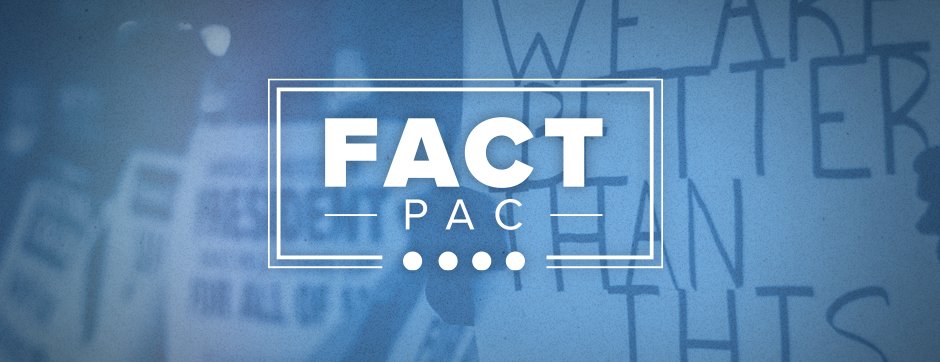Simply put, a fact is something that is true. Something actually happened. Something actually exists. Words were actually spoken. The action was or was not actually taken. If there was a camera that was recording every second of every day and every word spoken, you could rewind that video and verify the actuality of the event. That would be a fact.
While we don't have a record of every single event, what we do have is a free press. Thousands of reporters and citizen journalists are out there capturing and recording events each day. It is with this reporting that we can separate fact from fiction. Let's talk about our methodology on what makes a story fact or fiction.
FactPAC's Source Criteria
Criteria for News Sources
A reputable publication is one who's reporting upholds journalistic ethics and standards. Ethical journalism quotes sources and is willing to print a retraction if they make a mistake.
If a journalist is reporting that one person is claiming something but they have not checked that claim through corroborating evidence, we can't verify it as a fact.
If a reporter makes a claim that has serious consequences or relates to a matter of great importance, other news networks and journalists will review their claim and attempt to corroborate or disprove the story using their own sources.
Criteria for Citizen Journalists
A video, audio, or image recording that has not been edited.
The FactPAC team has professional media developers that review the integrity of evidence. We also rely on third party sources to determine if the evidence is credible.
Official Sources
Court documents and legal filings are considered official sources.
Congressional reports and investigations are also official sources.
Other Fact Sources




